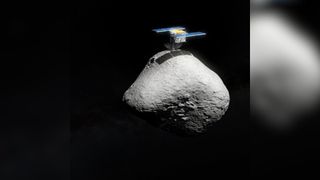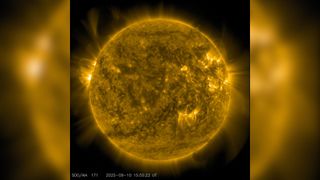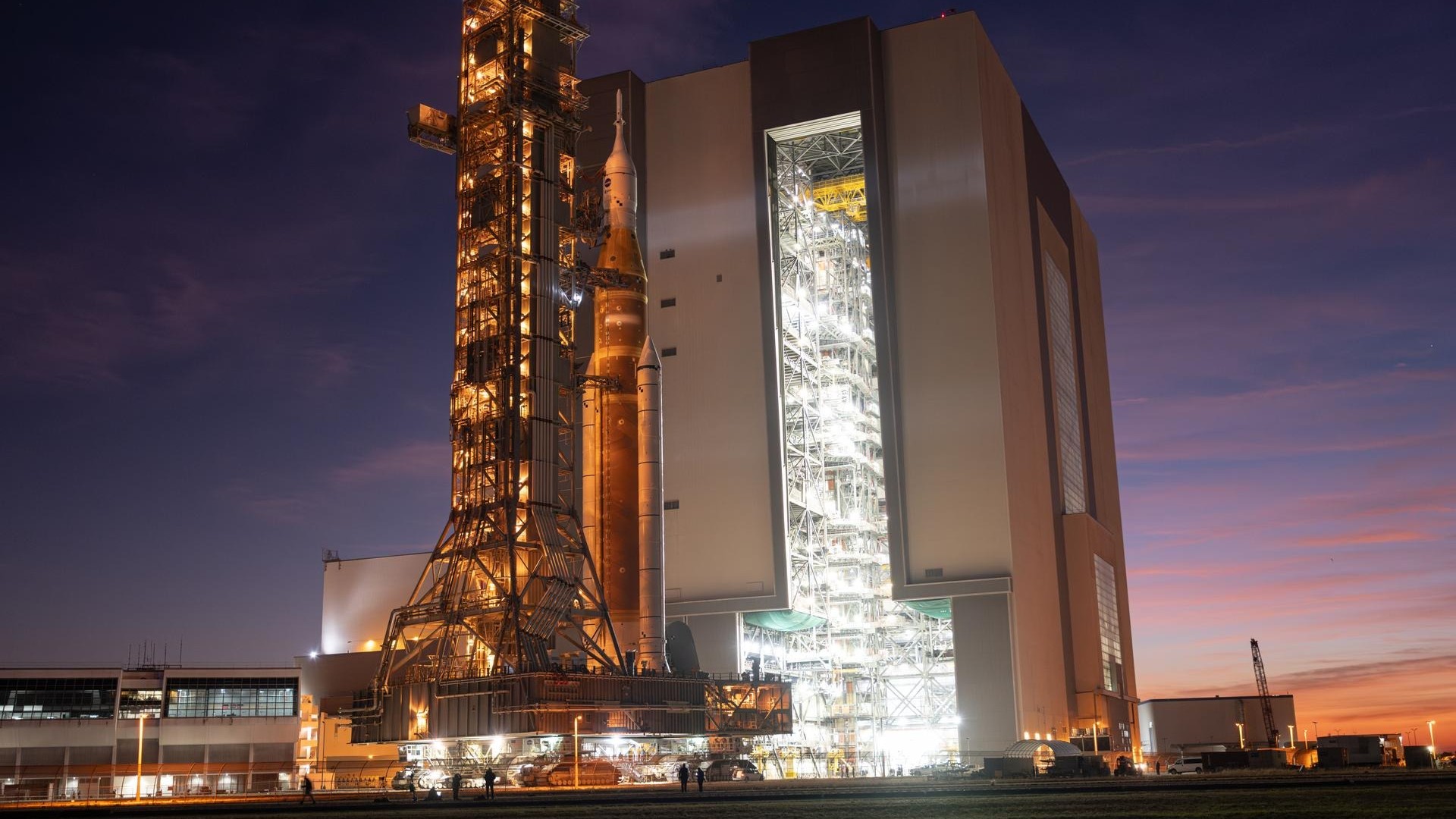Latest articles by Keith Cooper
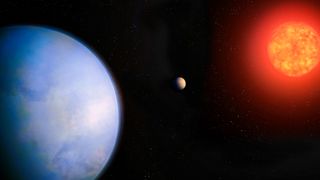
Super-Earth less than 20 light-years away is an exciting lead in the search for life
By Keith Cooper published
The super-Earth exoplanet is "one of the best candidates in the search for an atmospheric signature of life."
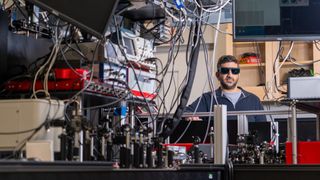
Scientists discover new way to grow materials on-demand using crystals and light
By Keith Cooper published
The new technique could one day be used to create less expensive astronomical sensors.
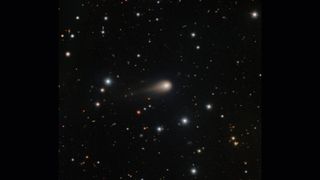
Comet 3I/ATLAS could soon shower NASA's Jupiter probe in charged particles. Will it reveal more about the interstellar invader?
By Keith Cooper published
At the end of October Europa Clipper will fly in line with 3I/ATLAS’ ion tail — but will any of the charged particles reach the spacecraft, and will the spacecraft be ready to receive them?
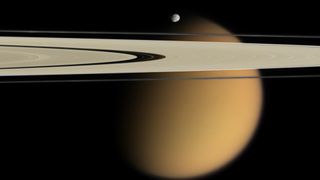
Chemistry on Saturn's huge moon Titan is even weirder than we thought
By Keith Cooper published
Titan's chemical inventory is believed to bear some resemblance to the prebiotic soup on the early Earth.
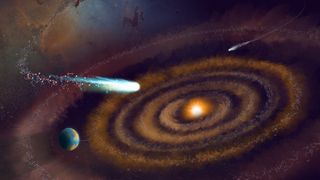
For the 1st time, scientists discovered 'heavy water' in a disk forming exoplanets
By Keith Cooper published
V883 Orionis is a young star that formed in the Orion Nebula half a million years ago.
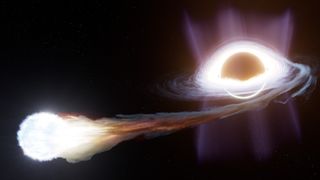
Rule-breaking black hole destroys star in puzzling way: 'This is truly extraordinary'
By Keith Cooper published
The so-called tidal disruption event also produced two puzzling delayed outbursts.

How scientists are using spinning dead stars to find ripples in the fabric of spacetime
By Keith Cooper published
Identifying the gravitational waves from black holes binaries could also make it clearer to detect primordial gravitational waves that date back to inflation at the moment of the Big Bang.

Citizen scientists just discovered the most powerful 'odd radio circle' twins in space we've ever seen
By Keith Cooper published
Three new ORCS – "odd radio circles" – have been found associated with giant, active galaxies, giving astronomers clues as to how these immense, enigmatic structures form.
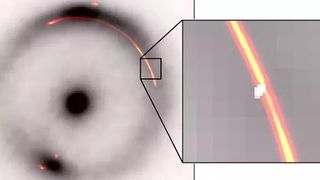
This might be the smallest clump of pure dark matter ever found
By Keith Cooper published
The discovery of what is potentially the smallest clump of dark matter ever seen strengthens the case for cold dark matter.
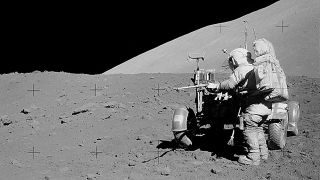
Scientists open untouched Apollo 17 lunar samples from 1972 — they may hold clues about the moon's violent origins
By Keith Cooper published
The isotopic ratio of sulfur-33 on the moon differs from that of Earth. Did the moon's sulfur instead come from the impactor that formed it?
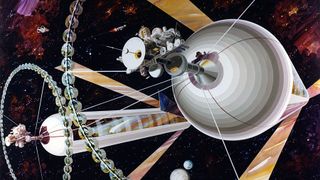
How one scientist's wide-eyed dream of giant space cities was crushed by reality
By Keith Cooper published
As part of World Space Week, which is highlighting the theme of living in space, we look at one scientist's dream of gigantic space habitats.
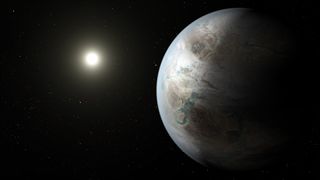
6,000 and counting: The next 30 years in the search for exoplanets
By Keith Cooper published
After marking the 30th anniversary of the discovery of the first exoplanet around a sun-like star, we now look forward to what the next 30 years might offer.
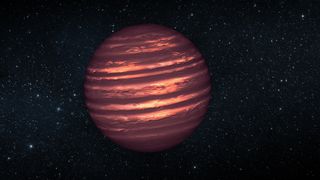
The search for life on Venus just took another turn, thanks to JWST's brown dwarf discovery
By Keith Cooper published
JWST's detection of phosphine on a brown dwarf, also known as a "failed star," could have repercussions for the claimed detection of the molecule on Venus.
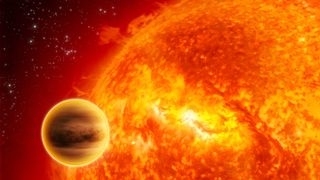
The exoplanet revolution at 30: 1st alien world was found around a sun-like star three decades ago
By Keith Cooper published
The discovery of the "hot Jupiter" exoplanet 51 Pegasi b on Oct. 6, 1995 changed the course of astronomical history.
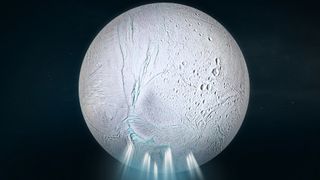
Saturn's moon Enceladus is shooting out organic molecules that could help create life
By Keith Cooper published
The discovery strengthens the case for a new mission to orbit and land on Enceladus and search for evidence of life.
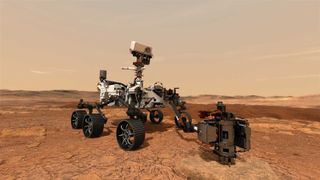
How excited should we be about the latest Mars potential biosignature discovery? 'It's arguably the best evidence we have so far'
By Keith Cooper published
What about those previously studied plumes of methane and meteorites potentially stuffed with the fossils of Martian microbes?
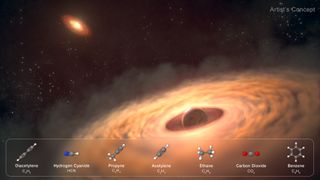
How do you build a moon? The James Webb Space Telescope has just given us our best look
By Keith Cooper published
The JWST has studied the chemical composition of a moon-forming disk circling a giant planet 625 light-years away.
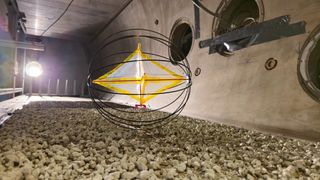
Tumbleweed-inspired Mars rovers could be blown across the Red Planet
By Keith Cooper published
Scientists are testing prototypes of tumbleweed rovers in a wind tunnel that show that Mars' winds are strong enough to push them.

The Rubin Observatory's upcoming images may stack up to space telescope ones. Here's how
By Keith Cooper published
The algorithm has already been tested on images from the Subaru telescope and will now be used on the Vera C. Rubin Observatory once science results begin to flood in.
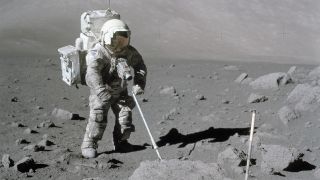
A tiny Apollo 17 moon rock is unlocking a secret lunar history
By Keith Cooper published
The small chunk of rock could be telling us that many of the moon’s largest impacts happened over 4.25 billion years ago.
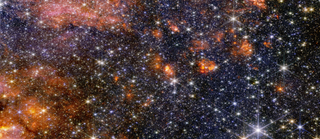
James Webb Space Telescope peers deep into the heart of star formation in our Milky Way galaxy
By Keith Cooper published
The star-forming region called Sagittarius B2 contains half of the galactic center's stars, yet only 10% of the gas.
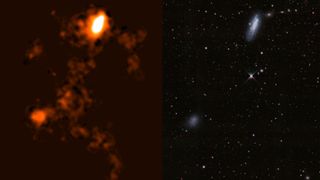
These 2 galaxies are falling into the Virgo Cluster at a staggering rate of 547 miles per second
By Keith Cooper published
Two galaxies connected by a bridge of hydrogen gas are falling into the Virgo Cluster.
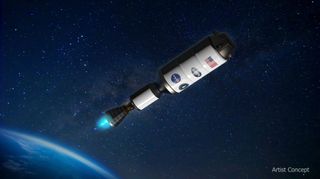
Could astronauts travel to Mars on nuclear-powered rockets? These scientists want to make it happen
By Keith Cooper published
The team's design uses fission reactions involving uranium to heat propellant.
Breaking space news, the latest updates on rocket launches, skywatching events and more!

